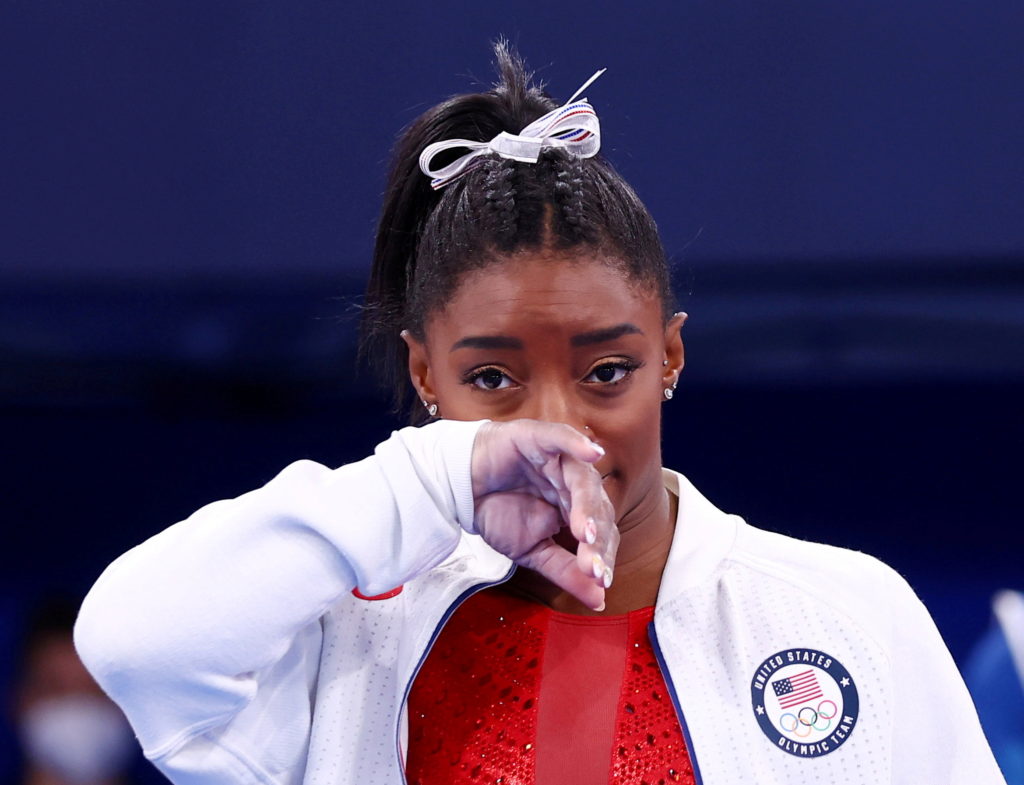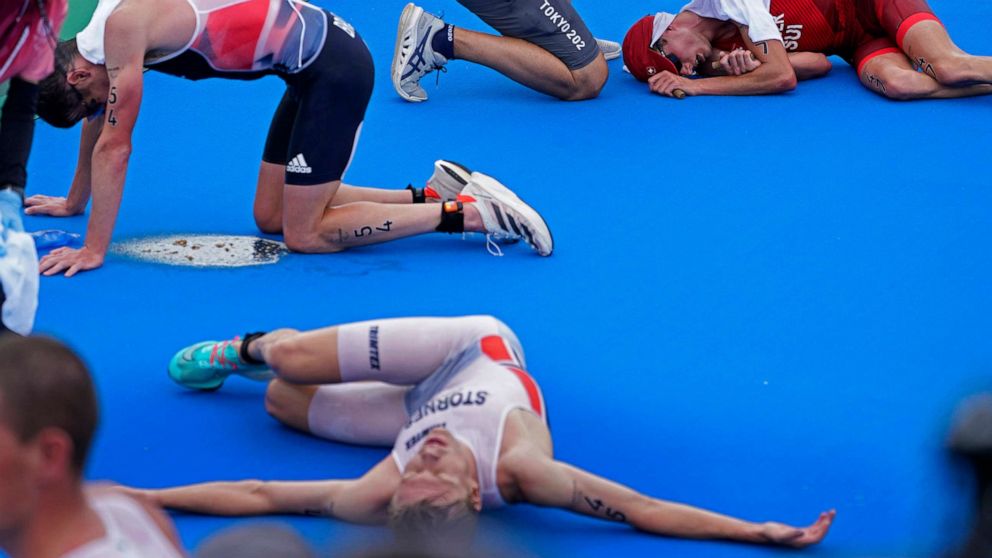The Olympic Games Tokyo 2020 are the media’s favorite topic nowadays. It’s currently the talk of the town, with continuous updates and matches scores raiding our busy timelines. Sure, it’s fun keeping up with the latest news of your favorite sport and rooting for your favorite teams. But for the contestants taking part in the mega sporting event, things aren’t as fun.
In this day and age, anyone can freely express their opinions from behind their screens, and the Olympic Games are no exception to the scrutiny. Athletes competing at the Olympics are more likely to be the subject of scrutiny from people all around the world. Sure they may receive some positive comments, but contestants also fall prey to hateful commentary online. This palpable sense of pressure contestants experience is what pushed American gymnast Simone Biles to withdraw from the team and individual all-around finals during the first week of the Tokyo Olympics. The athlete decided to prioritize her mental health amid increasing anxiety.

For those who aren’t familiar with the international gymnast, she’s a four-time Olympic gold medalist, globally recognized as one of the greatest and most talented gymnasts of all time. The 24-year-old athlete tears’ ran along her face as she announced her unprecedented decision to withdraw from the Olympics, refusing to call it ‘quitting’ and simply referring to it as ‘putting her health first.’
“For anyone saying I quit, I didn’t quit,” Biles wrote on a clip shared after her withdrawal. “My mind and body are simply not in sync… I don’t think you realize how dangerous this is on hard/competition surface. Nor do I have to explain why I put health first.” Indeed, she doesn’t owe the world an explanation as to why she decided to make the personal decision that stems from a great level of self-worth and self-awareness, putting an end to a state that has been confining both mentally and physically.
Her withdrawal is not so shocking, especially when you start to imagine the hurricane of emotions athletes like Biles must go through on a daily basis, with all the pressure they face and the fear of letting their whole nation down in case they don’t win (which is never guaranteed in sport). This inflicts a massive blow to the athlete’s self confidence and self esteem.
Biles’ withdrawal came as a wake-up call for all of us and inspired honest conversations that needed to take place years ago. And even though international athletes have grown accustomed to receiving and professionally handling critical comments and judgment, they’re still struggling behind the scenes.
Todd Herman, who coaches and mentors elite pro athletes, writer and public speaker on the topics of performance, strategy, mindset, and execution has discussed the matter in greater detail, referring to the Olympics as a mental health nightmare for those partaking in it. He even described the Olympic event as a “microcosm of society”.

Those athletes we see on our screens and look at with so much admiration are only humans who feel defeated and experience burnout like any of us. And when they see the whole world – not just the judges – holding scorecards, they start to link those scores to their perceived worth. Social media has been taking a rather negative direction over the past few years. And when it comes to Olympic athletes, they do not just receive comments about their athletic performances, but also receive vicious and hateful personal attacks. There only seem to be two labels that Olympic athletes fall under, either successful and failures, which is why it is no surprise that Herman has been receiving many messages from coaches and athletes seeking help at the Olympics.
Bringing mental health into the foreground, Olympic athletes have it hard enough without the additional uncalled-for stress driven by people’s scrutiny and cyberbullying. It’s of great significance that we increase awareness about the power of words and understand that only the best of the best get to participate in the Olympics and their efforts demand respect regardless of their competitive outcome.


